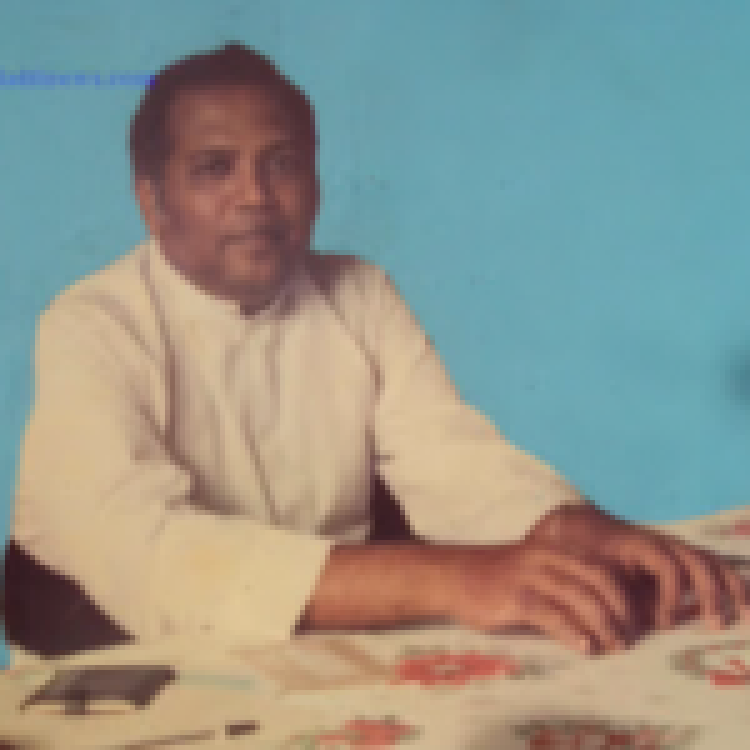.jpeg)
The 34th anniversary of the assassination of Father Chandra Fernando was marked in Batticaloa this week, with tributes being paid to priest that championed human rights.
Fernando was born in Batticaloa in 1941, studying there and serving the local community through his religious and human rights work. He would become the chairman of the Batticaloa Citizens Committee, an organisation that carefully documented human rights violations committed across the province.
The arrival of the Indian Peace Keeping Force (IPKF) in 1987 saw a surge of human rights abuses committed by the troops, many of which were being carefully documented by Fernando and his team.
It was this activism that led to the priest being “disliked by the Indian army for exposing atrocities and rights violations it committed in the east,” wrote former TamilNet editor Sivaram in 2004.
Speaking to Jon Lee Anderson and Scott Anderson in 1988, Fernando was outspoken on the island’s ethnic crisis and the lack of support from even Sri Lanka’s Catholic Church.
“The Church is divided,” he said. “We are completely separate now. The Tamil bishops of the north and east are one, the rest of the bishops are another. The Sinhala bishops condemn the bishops of the north and east. They don’t say anything, just keep quiet.”
Read more: 'They have killed so many people'– 1988 interview with Father Chandra Fernando
In 1988 Father Chandra Fernando was gunned down and murdered.
.jpeg)
Sivaram wrote on how “the most dreaded Tamil paramilitary operative” known as PLOTE Mohan was allegedly involved in the murder, reportedly after having joined Indian military intelligence. Mohan was killed in 2004, a death that Sivaram called “a serious blow to Sri Lanka's military and intelligence establishments”. Sivaram himself would go on to be murdered for his journalism in 2005.
In Batticaloa this week, members of the clergy and locals gathered at Father Fernando’s grave to remember the assassinated priest.
To this day, no one has been held accountable for his killing.
.jpeg)

